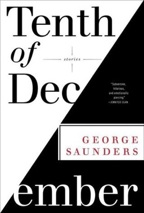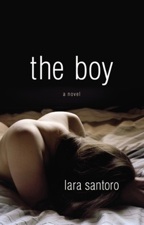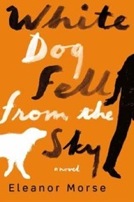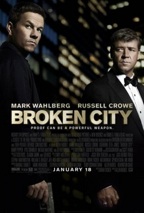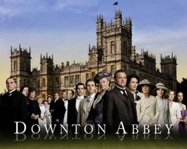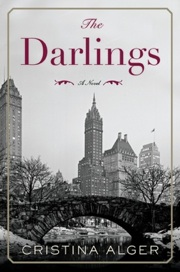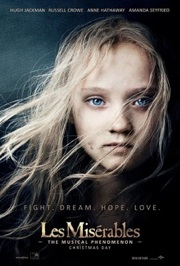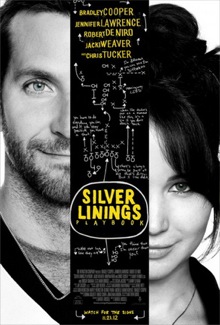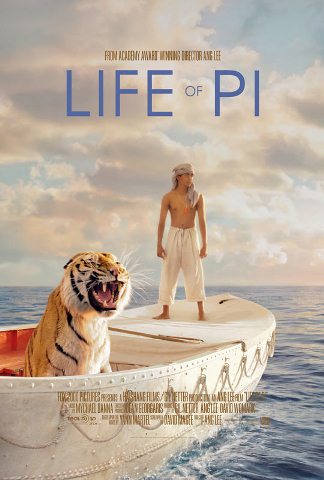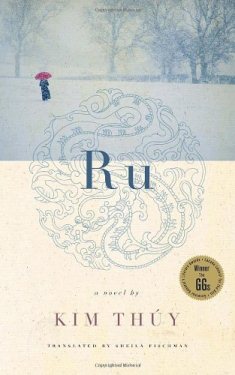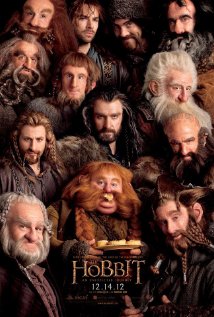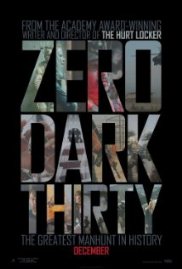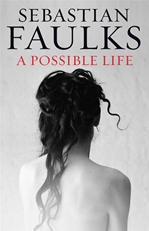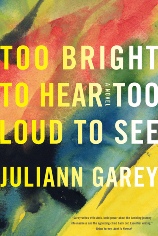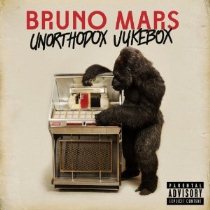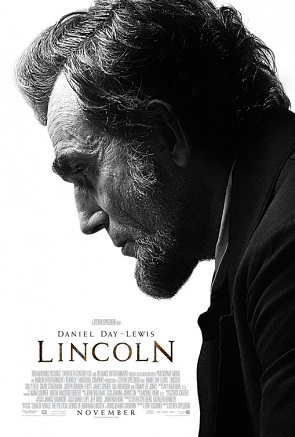
I started out my reading year in 2013 by rereading the old classic Jack Kerouac novel “On the Road.” I had first read it in my 20s but now in my 40s I was curious to read it again because the film of it just came out with Sam Riley, Garrett Hedlund and Kristen Stewart among others. I guess I’m still a bit curious to see the film although some reviewers say it is “oddly lifeless” compared to the energy and craziness of the book.
As for the novel, I think I liked it better when I first read it in my 20s. It’s not an easy book for sure. Published in 1957, “On the Road” details the cross-country road adventures of the narrator Sal Paradise and his friends, notably Dean Moriarty, who’s one energetic “mad” dude. The novel is largely autobiographical and is based on Jack Kerouac’s road trips with Neal Cassady and others from 1947 to 1950.
I guess the first time I read it I was caught up in the spontaneous, personal writing style of it, which breathes life into the adventures but also takes a while to get used to. Kerouac claims he wrote it, typing continuously on one long 120-foot roll of paper. Back in my 20s, I also liked the buddy road trip and counter-culture aspect of it: the drinking, drugs, sex, jazz bars and driving like mad for endless thousands of miles.
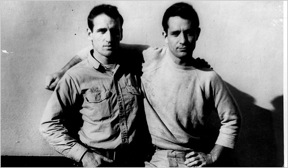
But this time I didn’t seem to have as much patience with “On the Road.” The partying and irresponsibility sort of grew old (back and forth across the country three or four times), and Dean and the rest weren’t as cool or magnetic as perhaps I once remembered. The women get pregnant and left for the most part. And some of the book reads a bit like gibberish.
Still I was interested to see how Kerouac perceived the wide-open country in 1947 to 1950 and the cities of Denver, San Fran and NYC, which he writes mostly about. What it was like then, what it felt like. Some of his sentences still hold the magic of the time and of a group of friends hell-bent on seeking the marrow out of life. That’s what kept me reading despite the relentless road, the colorful details and language, and what would become of Sal, a writer, who was enamored by Dean but grew apart from him as well. It’s a telling book about a friendship that peaks and ebbs at various times over the years. Sal appears ready to settle down by the end, but Dean is still seemingly in transit after an indelible time on the road.
Have you read this Beat classic and what did you think?


